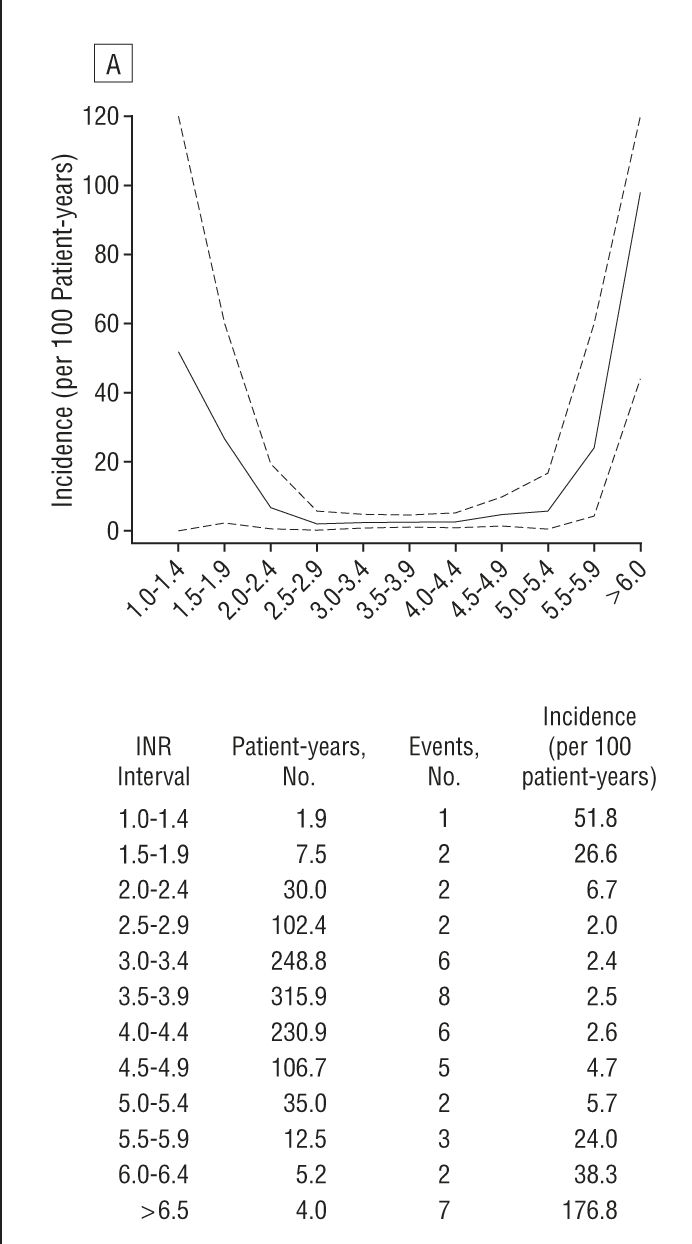gocubs
Member
TL;DR: 7th open heart surgery to replace calcified bovine valve is upcoming. Any thoughts good/bad on the On-X mechanical valve? Lower INR requirement intrigues me.
Hi all,
I'll be going in soon for my 7th open heart surgery. I was born with congenital aortic stenosis, had first repair at 2 yrs old, 2nd repair at 7, replacement at 8 yrs old (St. Jude mechanical), two replacements when I was 12 (porcine) and finally the current bovine which was when I was 19.
I'm 30 now and this cow is on its last legs (pun somewhat intended?). Given the level of calcification and aortic root revisions I have had, not a candidate for TAVR. My choices thus are SAVR with another tissue valve or mechanical. Given how many surgeries I've had, this one is going to be very risky and my surgeon has suggested a long and hard look at mechanical so I can avoid doing surgery #8 when I'm 40.
Originally I was focused solely on tissue valve, because 4 years with a St. Jude when I was younger was miserable, and I don't want significant blood thinner issues again. However, they brought up the On-X valve which is apparently FDA approved to be maintained at a much lower INR than a standard MHV. The immature part of my brain wants to just kick the can down the road 5 years and do another tissue, but I really am considering mechanical now if the On-X truly can be used with less warfarin and thus a smaller (albeit still large) impact on daily lifestyle. Done a ton of research on it, but interested in some good old fashioned patient testimonials.
Any thoughts/opinions/experiences for the On-X? Greatly appreciated!
Hi all,
I'll be going in soon for my 7th open heart surgery. I was born with congenital aortic stenosis, had first repair at 2 yrs old, 2nd repair at 7, replacement at 8 yrs old (St. Jude mechanical), two replacements when I was 12 (porcine) and finally the current bovine which was when I was 19.
I'm 30 now and this cow is on its last legs (pun somewhat intended?). Given the level of calcification and aortic root revisions I have had, not a candidate for TAVR. My choices thus are SAVR with another tissue valve or mechanical. Given how many surgeries I've had, this one is going to be very risky and my surgeon has suggested a long and hard look at mechanical so I can avoid doing surgery #8 when I'm 40.
Originally I was focused solely on tissue valve, because 4 years with a St. Jude when I was younger was miserable, and I don't want significant blood thinner issues again. However, they brought up the On-X valve which is apparently FDA approved to be maintained at a much lower INR than a standard MHV. The immature part of my brain wants to just kick the can down the road 5 years and do another tissue, but I really am considering mechanical now if the On-X truly can be used with less warfarin and thus a smaller (albeit still large) impact on daily lifestyle. Done a ton of research on it, but interested in some good old fashioned patient testimonials.
Any thoughts/opinions/experiences for the On-X? Greatly appreciated!

























